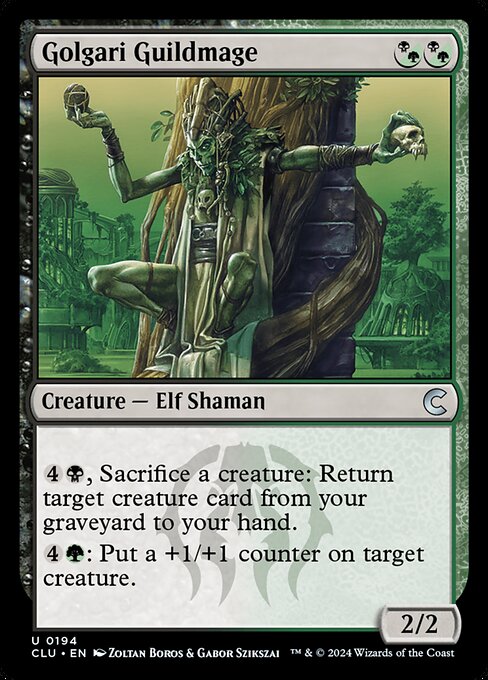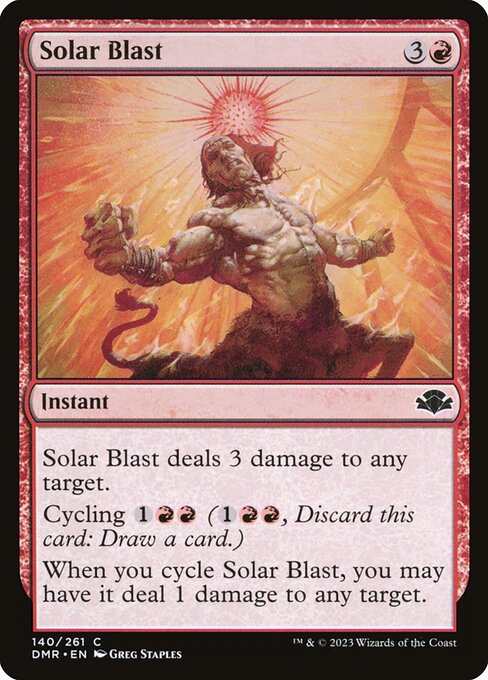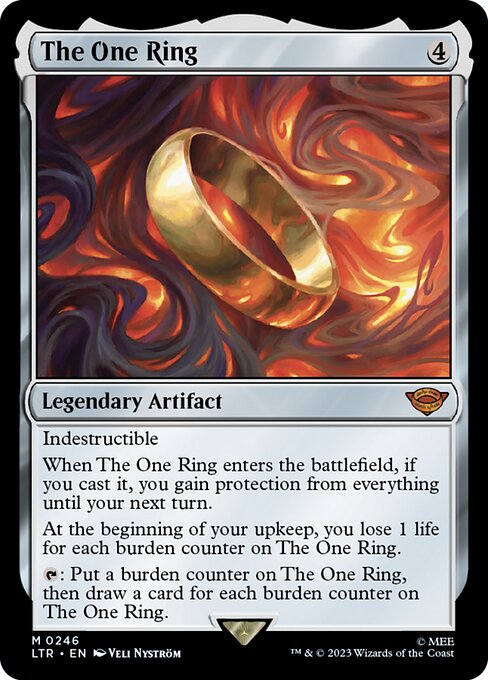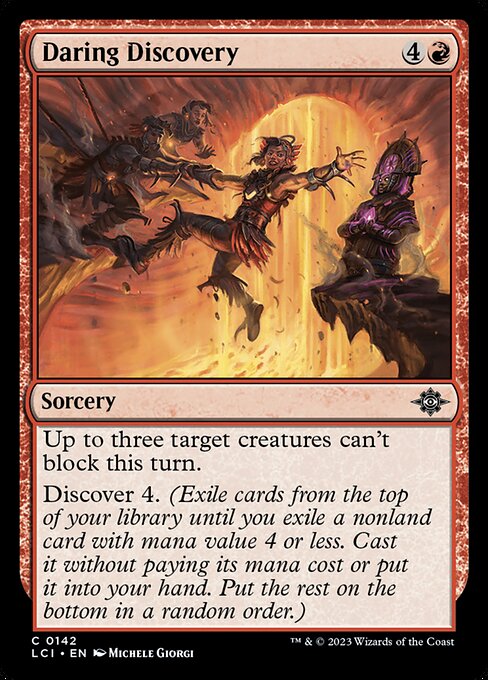South Carolina lost a local legend earlier this month: Rudy Mancke, a local naturalist and radio/television personality, died at 78. A devotee of John Muir and a natural educator, Rudy Mancke hosted a nature show on South Carolina Educational Television for twenty-five years, served as South Carolina’s first naturalist-in-residence, and was a fixture of our local museum and education systems.

In one-minute segments on our local NPR affiliate, Mancke would describe native species, identify reader-submitted creatures, and often indulge in poetry or philosophy at the turning of the seasons. The week he died, NatureNotes ran his brief tribute to death and its role in “the recycling system that we got” (as a mycologist and anatomist who could often be found poking around the lush Congaree Swamp, Mancke would absolutely have been a Golgari mage).
He taught classes at the University of South Carolina, which filled up within seconds, and led nature walks through South Carolina’s oyster-studded marshes, hog-haunted swamps, and jewel-toned autumn forests. Rudy Mancke turned an unwavering love for nature and a passion for incorporating nature into the quotidian lives of South Carolina residents into a lifelong broadcast and academic career–as far as I’m concerned, he’s one of the luckiest men to ever live.

I am not a naturalist–I sunburn within seconds, I’m hyper-susceptible to poison ivy, I’m a magnet for every stinging or hemophagic bug within a mile–but I’ve nevertheless been inspired by Rudy Mancke. It’s hard not to be inspired by someone who clearly lives and breathes their passion–someone who is determined to share what they find beautiful about their field of study with everyone who passes into their orbit. Magic is a commercial product that sometimes intersects with art, not the natural world, but it’s as worthy of study and as receptive of passion as anything else.
Magic is interesting as a passion–it requires careful curation to participate fully in Magic, particularly as Wizards prints more cards than ever before. If you try to embrace Magic fully, you’ll burn out–trying to stay abreast of every release and each Secret Lair, incorporating cards from each new Universes Beyond product, drafting and testing decks in the four major formats is a huge and expensive undertaking.

It can be difficult to share Magic with newer players without being a gatekeeper or flooding them with information. It’s an expensive game that requires at least intermediate knowledge of a robust rules system and it’s a huge time commitment to memorize cards and play games. It requires you to track information with external materials, from something simple like “this quarter is my Hornet Cannon’s Insect token” to “okay, the Ring tempts me, and when my Ring-bearer attacks, I take the Initiative. No blocks? Okay, I’m now the Monarch.”
With recent pushes towards exclusive cosmetics in Secret Lairs and “booster fun” variants and the accelerating pace of new cards, it’s increasingly difficult to identify cards at a glance. Thus, Magic players tend to be hyper-passionate–they’ve invested a lot of money, mental storage, and time into the game, and you want to feel rewarded for that investment.
[scyimg]Goblin Guide[/scryimg]
Magic is an informational ecosystem and, like any ecosystem, it’s affected by extinctions, disruptions, and invasions. The evolution of Commander rendered four-of/sixty-card casual effectively extinct, and the periodic upheavals of Okos and Uros and Orcs mirror the invasive inroads made by the joro spider and the tegu lizard as our climate shifts. Some, like the skittish joro, are less threatening than originally expected–there was a time when Goblin Guide was debatably too good, just as there will perhaps be a time when we reminiscence about Ragavan, Nimble Pilferer being a top-tier threat.
But the ecosystem is prone to sudden or slowly accumulating shifts, from the superstructures of global supply chains to the prices set for products to audience interest, and it can collapse suddenly. Careful preservation and management of the ecosystem is critical–ecosystems evolve to self-regulate, but sudden disruptions like the Industrial Revolution or the printing of The One Ring require stewardship. I see the periodic reintroduction of Cascade–or the “fixed” Cascade in Discover that is currently testing the bounds of acceptability in Pioneer–as equivalent to periodic mass extinctions. It’s good to kick the tires and nuke the seas sometimes just to see what comes up from the wreckage.
Discovery is harder in 2023. The frontiers now are fully explored and all territory mapped, scanned, and digitized. It’s similar in Magic, which has thousands of players putting in dozens of hours to crack formats and cards and tools to collect the results of their efforts. In 2003, the best way to find new cards was to a) consult print magazines (which often existed to sell new cards) or b) comb through your local game store’s longboxes and glass cases. Now, you can search Scryfall with the most exacting of search parameters or consult EDHREC for a tight 99 of battle-tested and format-tuned cards. That’s exhilarating, too–one of the finest aspects of humanity is our willingness to sacrifice a portion of our lives for the general accumulation of knowledge. Even in small ways, every little bit you create adds to the human gestalt.

If you get the chance, here as fall winds down and the world turns fragile and frigid, take a short–or a long–walk for inspiration. You may see a rare bird or an invasive spider or a unique beetle, or you may see nothing but the most commonplace birds and insects. Either outcome is beautiful, because it’s determined by patterns much larger than us, from migrations to climate change to the chemicals in the soil. Part of loving nature–part of loving anything–is coming to understand how your experience is integral but minimal, how loving something paradoxically helps you grow and helps you understand how small you are. You can spend your entire life becoming an expert, cataloging and studying, but you’re a transient observer in a transcendental environment: the system was here long before you were around to study it, and it will last long after you’ve been recycled back into the system.
Rob Bockman (he/him) is a native of South Carolina who has been playing Magic: the Gathering since Tempest block. A writer of fiction and stage plays, he loves the emergent comedy of Magic and the drama of high-level play. He’s been a Golgari player since before that had a name and is never happier than when he’s able to say “Overgrown Tomb into Thoughtseize,” no matter the format.

